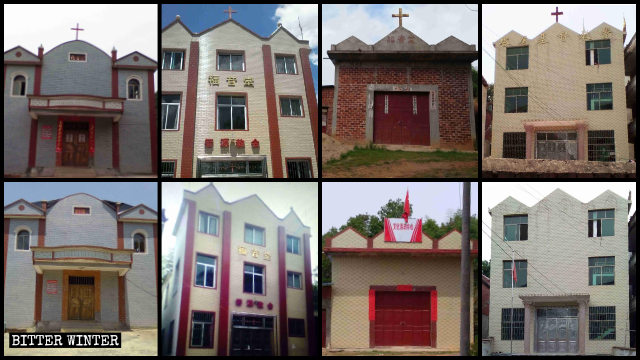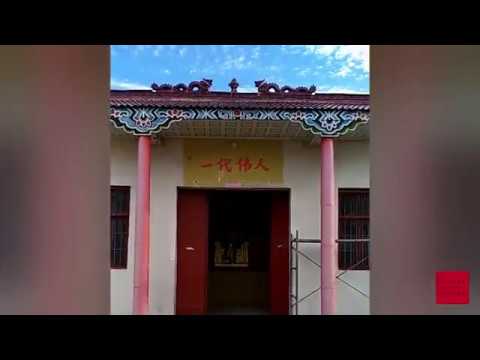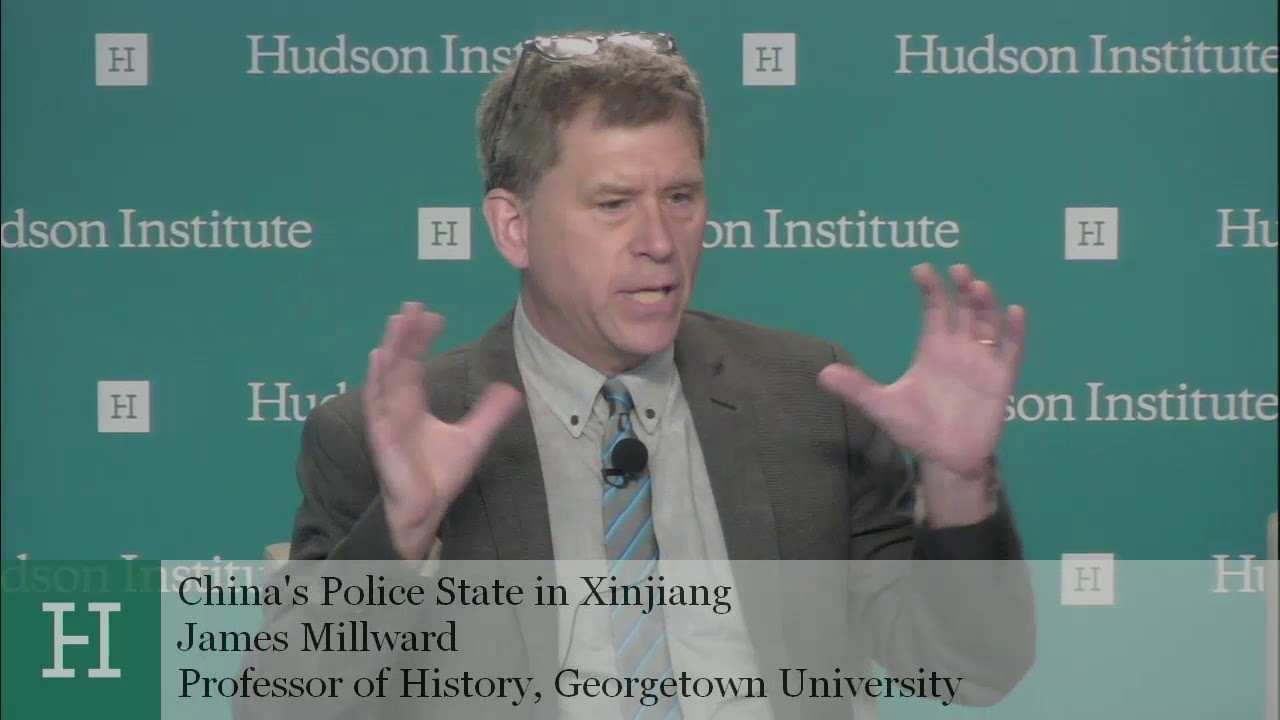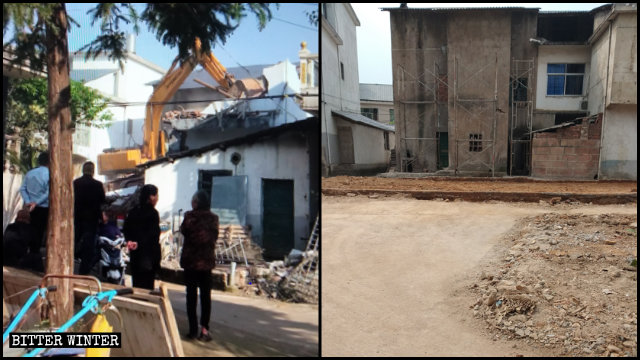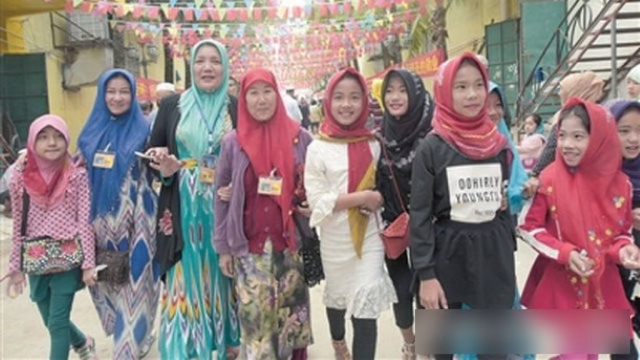Returning to a Cultural Revolution practice, China sets up boxes, phone lines, and web sites to report on neighbors, and defines monetary rewards for snitches.
Religious belief is common among China’s rural population, representing the most significant base of believers. In an effort to attack religion at its core, the Chinese Communist Party (CCP) has been mobilizing the masses to monitor and report each other using a variety of means. The latest tool is the revival of Cultural Revolution-era tip-off measures.
An iron box hangs from the wall of the office of the Caizhuang Village Committee in Mangzhongqiao township, part of Yucheng county in Henan province in north-central China. The text on the box reads: “Religious Belief Reporting Box.”

According to one local villager, “The township government has issued such ‘reporting boxes’ to each village. Authorities are waging a crackdown against religious belief, and people in the village are prohibited from believing in God.”
He also revealed that investigations into religious belief in villages intensified following the 2019 Spring Festival (Chinese New Year).
On February 9, a similar iron box was installed at the entrance to the village committee of Chenzhuang village in Mangzhongqiao township. The text on the box reads: “Box for reporting private (meeting) venues and missionary activities,” and gives the phone number for a free tip hotline: 4431919.

One local believer said that by setting up “religious belief reporting boxes” and calling on all villagers to monitor and report on their neighbors, the authorities have restricted religious events, gatherings, and evangelism, and have placed believers in danger of being arrested at any time.
On January 15, a secret Three-Self church meeting venue in Dapan village, in Zhongmou county in Henan, was discovered and shut down. At the time of the discovery, all of the believers were surprised. “This basement is extremely well concealed. How did they discover it?”

One village officer revealed, “Now, the county has set up a tip hotline targeting Christians. If anyone discovers a gathering, no matter where it is, all they have to do is call and report it. The caller’s location will be recorded right away, and the meeting venue’s address can be quickly determined.”

“The government has made a big effort to crack down on religious belief,” one believer lamented. “Everyone is participating in monitoring and reporting others. It’s impossible for us to defend against effectively. I’m afraid that it will be difficult to continue holding gatherings.”
A villager in Wangpiliu town of Henan’s Zhoukou city showed Bitter Winter a propaganda flyer reading: “Phone numbers for reporting illegal religious activities.” The numbers on the list include the informant hotlines for the United Front Work Department, the Ethnic and Religious Affairs Committee, the town government, and the local police station.

Some regions have also developed platforms for reporting on neighbors online (such as the Public Security Bureau’s SMS reporting platform and WeChat public account) or by writing letters. They have also set up a monetary reward system to encourage informants.
Bitter Winter has obtained a document issued by a subdistrict in Henan’s Nanyang city in July 2018. The document, which details incentives for reporting believers, was formulated to mobilize social forces to crack down on xie jiao.


The document states that, upon discovering a Falun Gong member teaching or giving a speech at a public venue, if reported immediately and verified, the informer will receive a reward of 200 to 1,000 RMB (about $30 to $150). Reporting someone for making or spreading images, the informer will receive a reward of 500 to 2,000 RMB ($75 to $300). If the reported tip has a significant impact, 5,000 to 10,000 RMB ($750 to $1,500) will be given. Reporting a believer from The Church of Almighty God will earn 100 to 2,000 RMB ($15 to $300), with the largest reward being 3,000 RMB (about $450).
One local retired Party member disagrees with such incentives. He said that the CCP excels at mobilizing the masses to fight against each other, as this was a common practice during the Cultural Revolution, the Tiananmen Square Protests, and the present suppression of religion. But, he fears, it makes it easy for people to develop hatred for each other and increases the risk of believers being arrested and imprisoned.
During the Cultural Revolution, the practice of people informing on each other was prevalent in China. The CCP set up “reporting boxes” and rewarded people who reported or exposed others. The practice has returned, and it is being used to suppress religion.
Source:BITTER WINTER /Xin Lu


